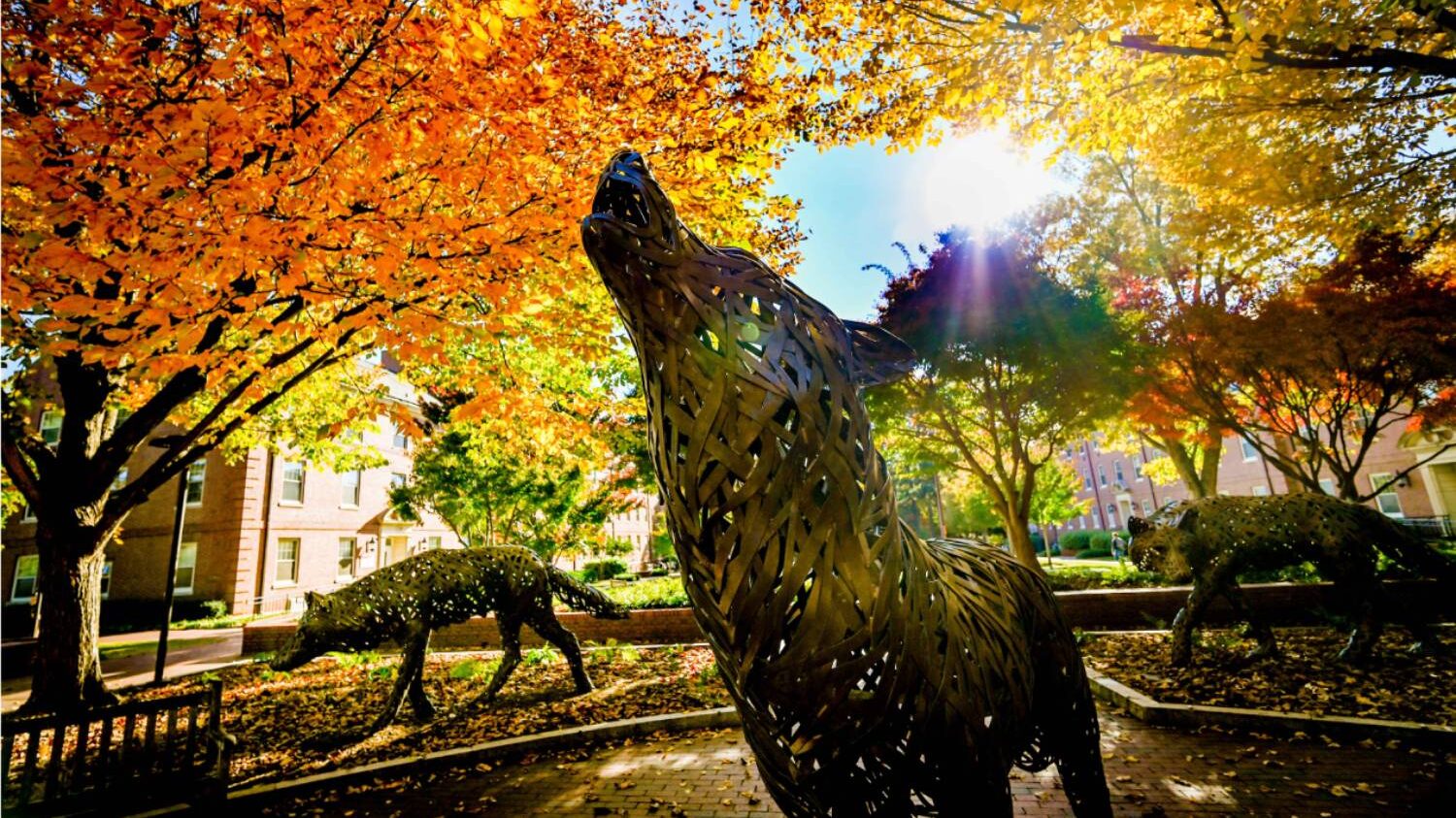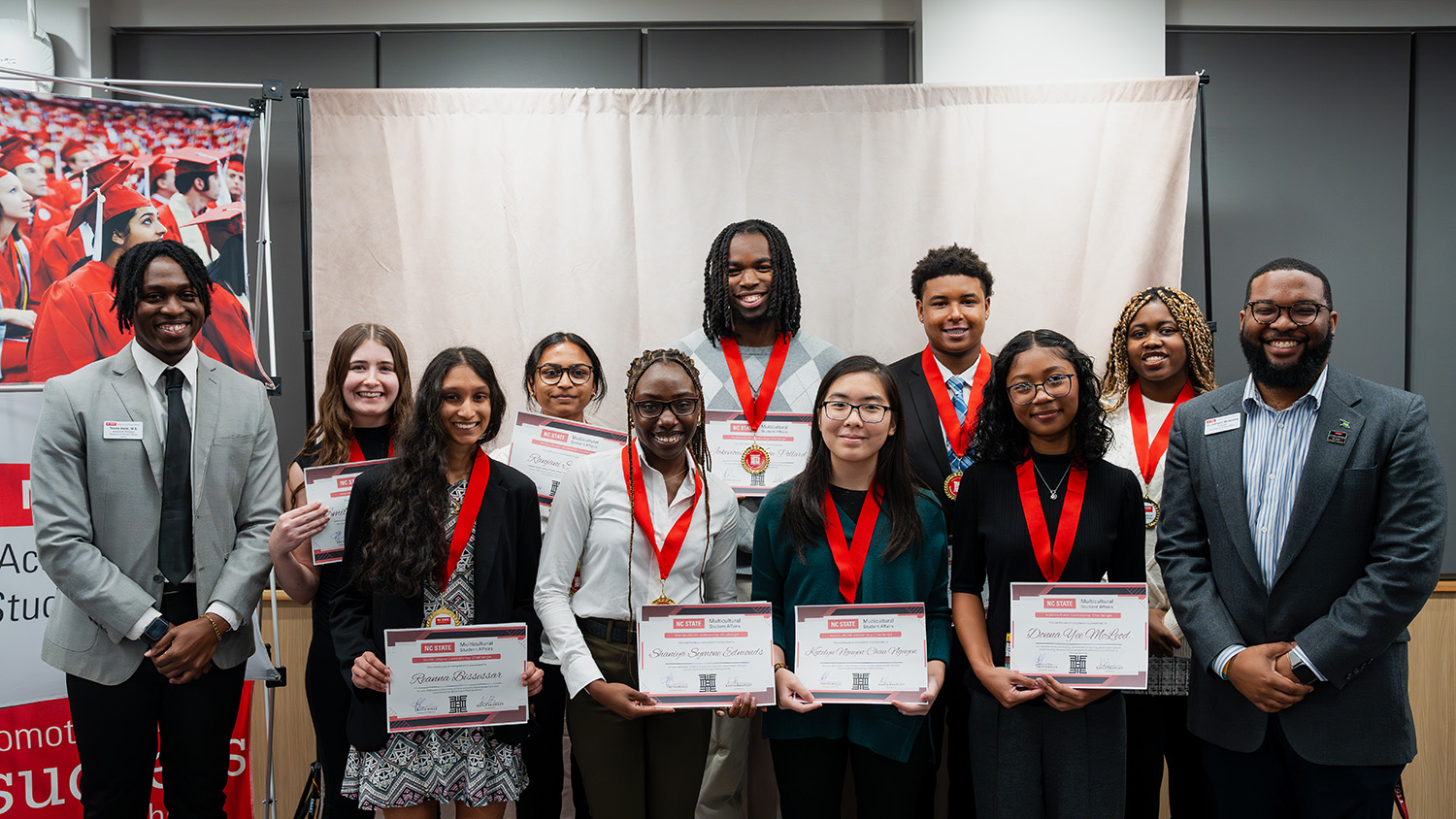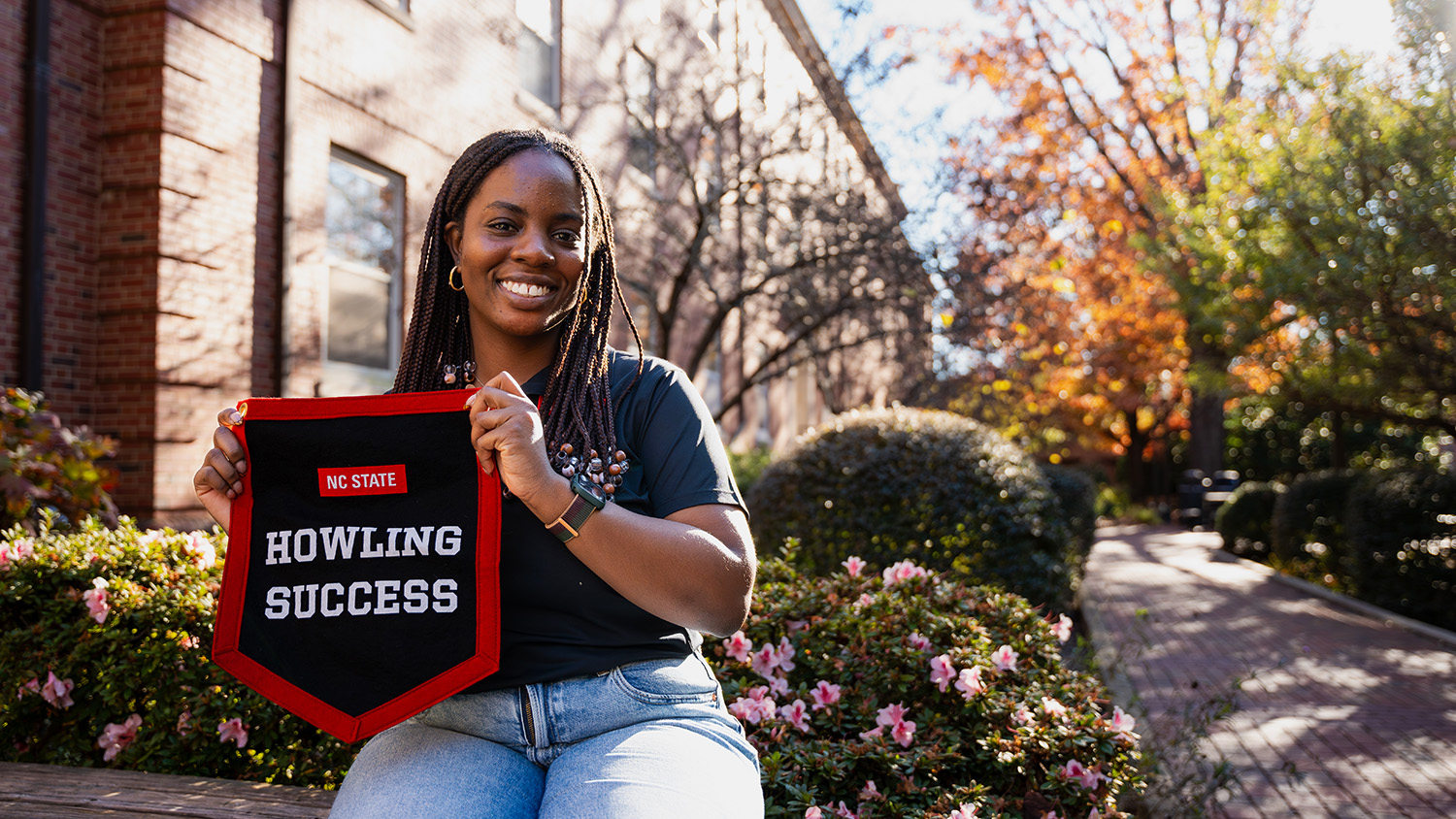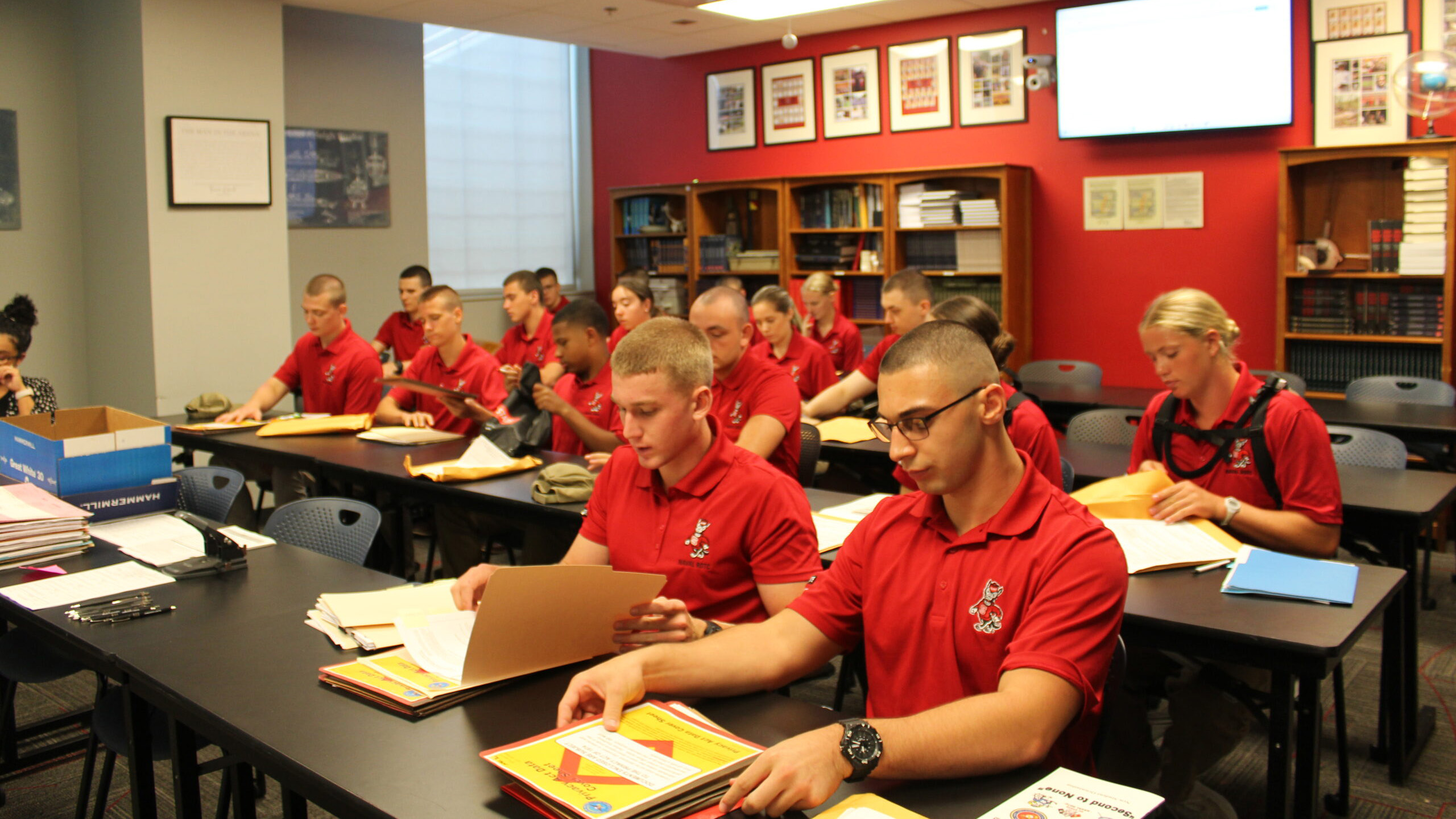Lighten Your Pack With These Mental Health Tools
Several departments in the Division of Academic and Student Affairs offer free apps and services to help students prioritize their mental health.

Between school work, extracurricular activities, jobs, relationships and other responsibilities, today’s college student has a full plate. Being a college student and entering a more independent adult world is exciting, but it also comes with a lot to balance. Now more than ever, students need to prioritize their mental health.
At NC State, several Division of Academic and Student Affairs departments, including the Counseling Center, Wellness and Recreation and Prevention Services are working to provide students with as many free, accessible and easy-to-use resources as possible to “lighten your pack,” improve mental health and relieve stress.
Below are two apps and services that the university has partnered with and are free for students to use:
Academic Live Care
AcademicLiveCare (ALC) is a telehealth counseling service that NC State partnered with in 2022 in response to added student life stressors.
The service offers a free, convenient way for students to connect with counselors and therapists. It’s not uncommon for students to be faced with a two to three-week wait for an appointment with the NC State counseling center (which is on par with outside counseling services), but ALC typically has appointments available within 24-48 hours.
Students can download the Academic Live Care app on Google Play or the Apple App Store, or visit AHPLiveCare.com. Students can access 12 free telehealth counseling sessions, and ALC allows them to select different professionals based on their needs.
In addition to its timeliness, the platform offers students convenience and easy access. For example, students participating in summer internships or in-semester co-ops can access the service, as can out-of-state students taking online courses.
With ALC’s mobile app, students can participate in their telehealth sessions “on the go,” in the car, a room in an NC State library or any other space that might grant them more privacy.
AcademicLiveCare has already proven beneficial to students. When asked if they would have sought out another type of mental health care had it not been for AcademicLiveCare, 91% of users answered no.
Togetherall
Brought to campus by the Prevention Services office, Togetherall is a peer support platform available 24/7, 365 days a year, “ready to listen and give your mental well-being a boost.”
Togetherall provides a space for students to share their problems and receive feedback, advice and share a common experience with those who have experienced or are experiencing similar concerns.
“Sometimes students just want to vent, or know that someone else is going through what they’re going through,” said NC State Prevention Services marketing manager Mary Chamblee. “A traditional talk therapy session isn’t always going to provide that, or isn’t as readily available.”
Sometimes students just want to vent, or know that someone else is going through what they’re going through.
Togetherall is similar to popular social media platforms in that users can share as much identifying information as they wish, but also have the ability to remain completely anonymous to other users. The app includes communities, groups and private messaging services where students can share their experiences and receive advice and words of support and encouragement from other users.
The service is monitored on the back end by licensed mental health professionals who monitor the community for safety and risk concerns. In the event a user expresses suicidal ideations, those mental health professionals can identify the user and reach out to provide help.
“I think it’s a great addition to the support that we are already offering because it’s a specific peer-to-peer support platform,” said Laura Boyd, the assistant director and CARES coordinator for NC State Prevention Services. “The benefit is that students can go on there and talk to other students globally about the things that they’re concerned about and find support. But then there’s also oversight on the platform if something were to become a crisis or emergent, they can have meaningful intervention. But outside of that, they will also work to just provide general resources to students on the platform.”
Students can access Togetherall wherever they are. For example, a student who returns to their home in another state for the summer or an international student returning home for winter break can use the service.
In addition to the written posts, students who don’t feel they have adequate language to discuss their emotions or concerns can make a “brick” post featuring an image, emoji or other visual element.
Having a sense of connection and belonging allows students to have better mental health outcomes.
“For us, it’s knowing that having a sense of connection and belonging allows students to have better mental health outcomes,” Boyd said. “So if students can go on this platform and coalesce around a particular concern or feeling that they want to share and engage in conversation with other students, they’re going to find that pretty meaningful.”
To register for Togetherall, students simply need to sign up with their university email address, and then the app is free for them to use.
- Categories:


